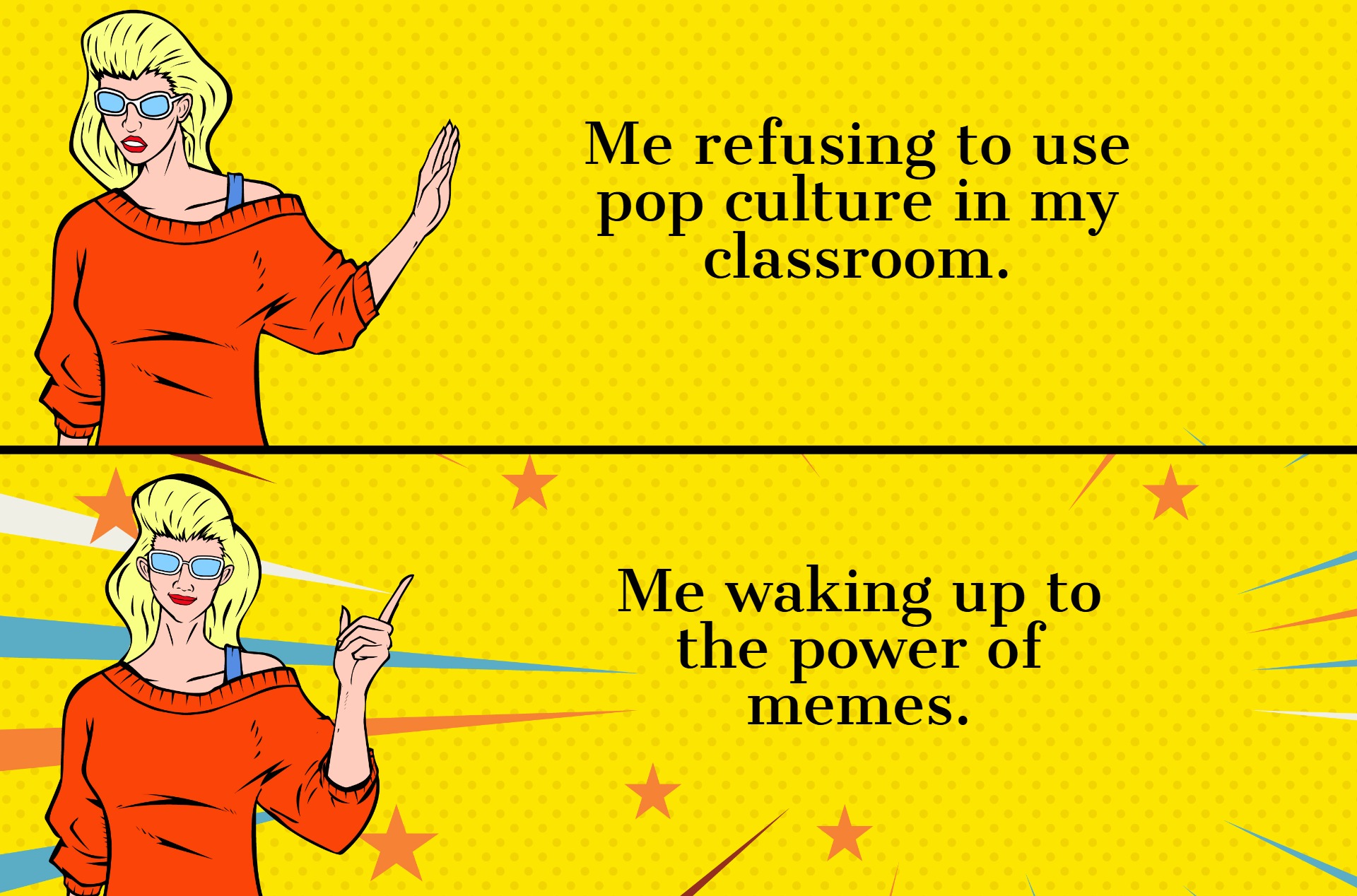Pulling together: A collaborative model for student-centred career support
Sharing resources between career services and faculty/departments promotes successful career transitions for grad students.

Recent reports indicate that graduate students not only face several barriers to transitioning into a career, but also that the paths they take are diverse and sometimes surprising. With numerous models and sources of support for graduate student career decision making on campus (career services professionals, faculty supervisors, departments, online tools and research, etc.), it can be difficult for students to know where to begin. Additionally, these different stakeholders often continue to create novel, stand-alone resources to support students. As each source has their own unique benefits, we as career practitioners believe that collaboration between students, faculty/departments and the centralized career services office is the best way to maximize existing resources and provides a holistic, student-centred model of career support.
As the first point of contact for the student, faculty supervisors and departments play a vital role in successful career transitions. They may have deep knowledge of careers in their field, along with connections to alumni, other experts (both academic and non-academic) and recent grads. Students are also often most closely connected to their home departments and thus prioritize information originating there. Several universities have begun to integrate professional skills seminars and courses into academic programs. However, many faculty have limited experience with careers outside of academia, little formal training in career coaching or exploration, and undoubtedly have time pressures that promote a focus on academic conversations. Faculty members also may not wish to dissuade students from certain more prestigious career paths or may not be interested in or comfortable with conversations about “non-traditional” careers.
On the other hand, central career services offices offer valuable resources and a breadth of expertise to students. There are now career educators focused specifically on graduate students at most major universities. Students usually have access to career coaches with extensive training, who can support students with gaining insight to their own thought processes, leading to enhanced self-awareness and self-efficacy. Career personnel also have access to formal assessment instruments to help students that are struggling to find their path. Importantly, these central offices can host confidential conversations with students who may not wish to pursue the most obvious options or discuss these options with their supervisor. Centralized career services also provide students with access to employers via career fairs and information sessions, among other events. Given the variety of programs and departments, there can also be challenges, such as a lack of knowledge about specific fields, and the fact that both students and faculty are either not aware of career services or have a limited view of what they do.
It’s clear then that collaboration between students, faculty/departments and centralized career support could significantly improve the ease with which student find career fulfillment by providing several opportunities and resources. A survey of student satisfaction with career services showed that top-ranked university career centres have successful relationships with campus partners, including faculty advisors. Some ideas to increase the collaboration between faculty and centralized career services are:
- Clearly communicate questions and opportunities between these different stakeholders, allowing all members to build awareness and knowledge of career development; providing feedback about what is working and what could be improved will ultimately benefit all parties.
- Cross-refer students; this may include faculty members encouraging students to visit career services for highly individualized career planning and exploration conversations, or for career services to refer students to professionals and experts in their field for more field-specific questions.
- Invite career practitioners to attend department events, career days, professional development events, etc. to lend legitimacy to career professionals in the eyes of students, allow for casual conversations, and normalize career exploration. In addition, it allows practitioners to increase their knowledge of the nuances of a specific field, thus sharing the information with a wider student body in the future.
- Invite career practitioners to deliver career workshops within academic departments. Topics may range from career exploration to networking to resumes, and most practitioners are very happy to tailor these workshops to the needs of a given group. Workshops can also be co-delivered when appropriate to create a more targeted experience for students; one example is a general career-focused workshop, with a department or program filling in specific details about popular options or alumni outcomes in their field as part of the content.
- Encourage student groups to take the lead on creating or organizing career events allows students to build professional skills and networks, while career services and departments can lend support and administrative knowledge.
Building these collaborations on an ongoing basis will encourage students to begin thinking about careers early and ensure that they have the support necessary for a successful transition. The biggest benefit to a collaborative model is that it draws on the expertise and strengths of all parties to focus our attention on what really matters: student success.
Featured Jobs
- Psychology - Assistant Professor (Speech-Language Pathology)University of Victoria
- Canada Excellence Research Chair in Computational Social Science, AI, and Democracy (Associate or Full Professor)McGill University
- Canada Excellence Research Chair in Forest Biodiversity Conservation (Full Professor)University of New Brunswick
- Veterinary Medicine - Faculty Position (Large Animal Internal Medicine) University of Saskatchewan
- Business – Lecturer or Assistant Professor, 2-year term (Strategic Management) McMaster University













Post a comment
University Affairs moderates all comments according to the following guidelines. If approved, comments generally appear within one business day. We may republish particularly insightful remarks in our print edition or elsewhere.